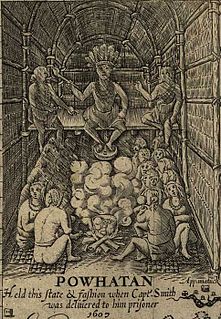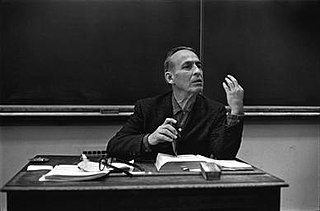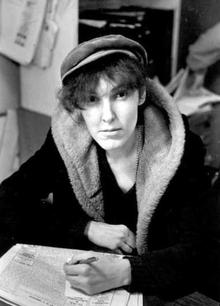A Quote by Vladislav Surkov
The West doesn't have to love us. In fact, we should ask ourselves more often why people are so suspicious of us. After all, the West isn't a charity organization. How have we been perceived for centuries? As a huge, warlike realm ruled by despots - first by the czars and then Bolsheviks. Why should anyone have loved us? If we want to be accepted, we have to do something in return. And it's an art that we have yet to master.
Related Quotes
What does purpose mean? It means the deepest desire for our short lives to mean something. . . . To speak a language of purpose is to return to first principles and to be able to answer, in plain English, the plain questions of Why? Why should we chip in to help someone else? Why should we defer gratification? Why should we care about the long term? Why should we trust anyone who seems to be limiting our ability to do what we want?
Perhaps because the origins of a certain kind of love lie in an impulse to escape ourselves and out weaknesses by an alliance with the beautiful and noble. But if the loved ones love us back, we are forced to return to ourselves, and are hence reminded of the things that had driven us into love in the first place. Perhaps it was not love we wanted after all, perhaps it was simply someone in whom to believe, but how can we continue to believe the the beloved now that they believe in us?
Many politicians in the West cling to the notion of a partnership with Russia. They want to include [Vladimir] Putin, make compromises and constantly negotiate new deals with him. But history has taught us that the longer we pursue appeasement and do nothing, the higher the price will be later on. Dictators don't ask "Why?" before they seize even more power. They ask: "Why not?"
This may sound like heresy, but it is the greatest truth! It is more difficult to let God love us, than to love Him! The best way to love Him in return is to open our hearts and let Him love us. Let Him draw close to us and feel Him close to us. This is really very difficult: letting ourselves be loved by Him. And that is perhaps what we need to ask today in the Mass: 'Lord, I want to love You, but teach me the difficult science, the difficult habit of letting myself be loved by You, to feel You close and feel Your tenderness ! May the Lord give us this grace.
We write for the same reason that we walk, talk, climb mountains or swim the oceans — because we can. We have some impulse within us that makes us want to explain ourselves to other human beings. That’s why we paint, that’s why we dare to love someone- because we have the impulse to explain who we are. Not just how tall we are, or thin… but who we are internally… perhaps even spiritually. There’s something, which impels us to show our inner-souls. The more courageous we are, the more we succeed in explaining what we know.
Each one of us here today will at one time in our lives look upon a loved one who is in need and ask the same question: We are willing to help, Lord, but what, if anything, is needed? For it is true we can seldom help those closest to us. Either we don't know what part of ourselves to give or, more often than not, the part we have to give is not wanted. And so it is those we live with and should know who elude us. But we can still love them - we can love completely without complete understanding.
Each human being is unique, each with their own qualities, instincts, forms of pleasure, and desire for adventure. However, society always imposes on us a collective ways of behaving, and people never stop to wonder why they should behave like that. They just accept it, the way typists accepted the fact that the QWERTY keyboard was the best possible one. Have you ever met anyone is your entire life who asked why the hands of a clock should go in one particular direction and not the other?
There is (as I now find) no remorse for time long past, even for what may have mortified us or made us ashamed of ourselves when it was happening: there is a pleasant panoramic sense of what it all was and how it all had to be. Why, if we are not vain or snobbish, need we desire that it should have been different? The better things we missed may yet be enjoyed or attained by someone else somewhere: why isn't that just as good? And there is no regret, either, in the sense of wishing the past to return, or missing it: it is quite real enough as it is, there at its own date and place.
After the Second World War, facilitating the establishment of the UN and aiding the reconstruction of Europe, the United States was widely viewed, at least in the West, as a benevolent hegemon. In the non-West, the US was often perceived as a supporter of the colonial powers in their struggle to maintain control over their colonial possessions, and was viewed far more critically, especially by emerging elites that were more inclined to socialist development paradigms than to the capitalist ethos favoured by Washington.
If the book we are reading does not wake us, as with a fist hammering on our skull, why then do we read? So that it shall make us happy? Good God, we should also be happy if we had no books, and such books as make us happy we could, if need be, write ourselves. But what we must have are those books which come upon us like ill fortune, and distress us deeply, like the death of one we love better than ourselves; like suicide. A book must be an ice-axe to break the sea frozen inside us.


































